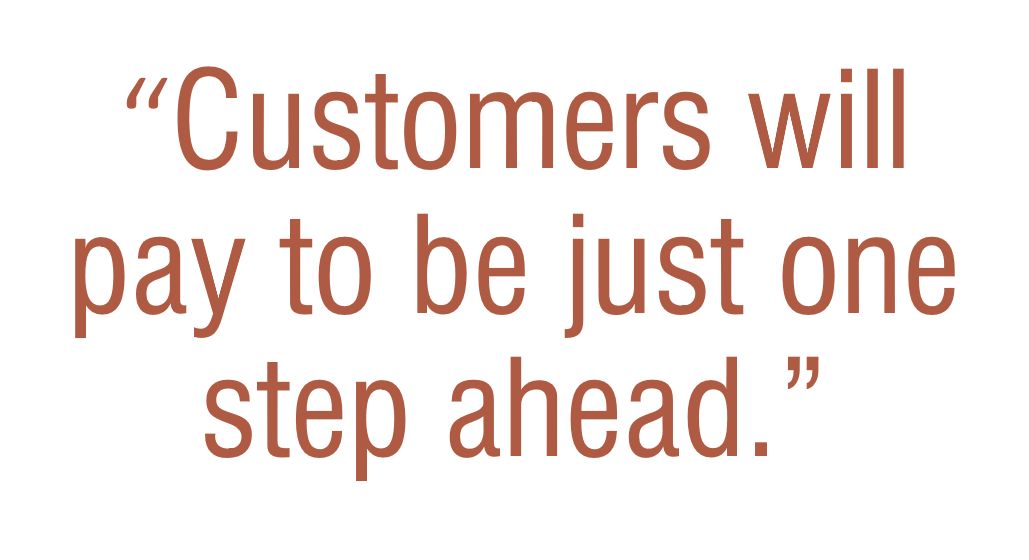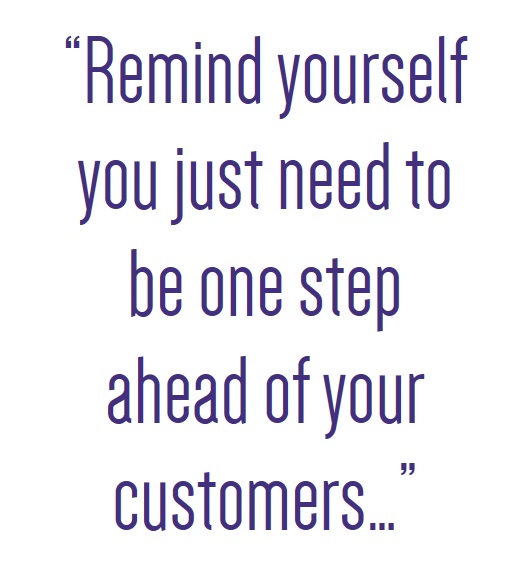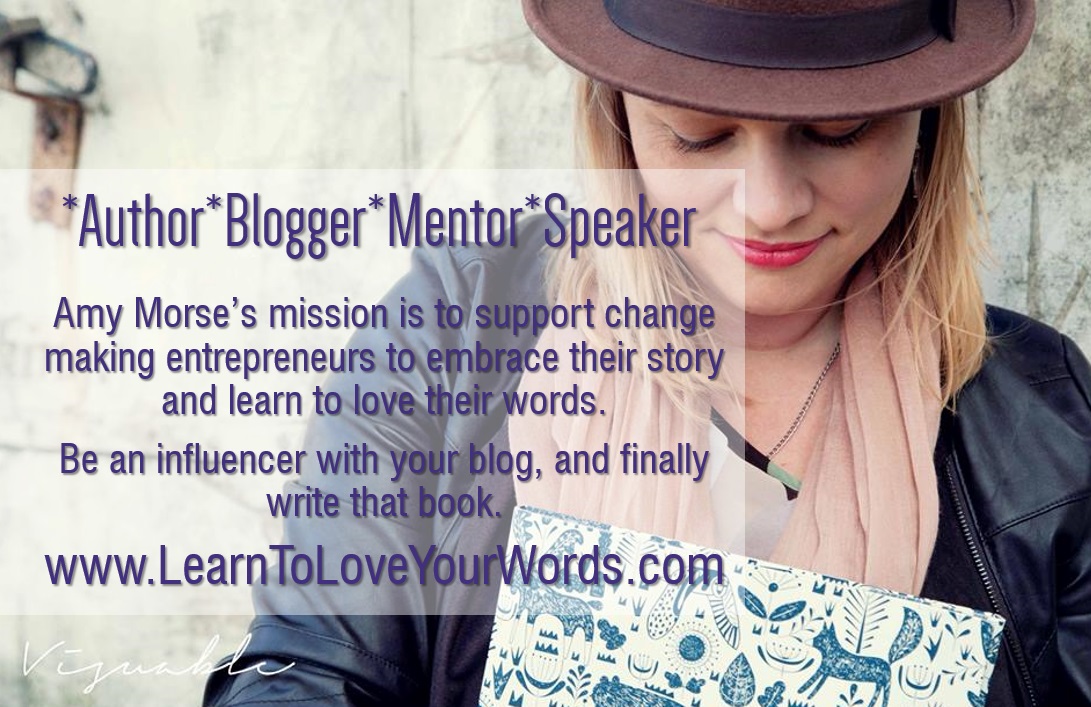So you’ve written a blog post. You’ve read through it a couple of times, looked at the preview to make sure it’s all laid out properly on the page, you’re hovering your mouse over the ‘Publish’ button.
You freeze. Freak out.
You read it again.
You spot another mistake and change it, then you’re back to hovering over the publish button.
That horrible sick feeling rises in your guts and those voices of self-doubt get louder…
“What’s this junk? Where did that come from? You’re a rubbish writer!”
“No one’s going to read this nonsense, what’s the point?”
“Have I got it all right? What if someone more experienced calls me out for being a fraud?”
“Who am I to be sharing this advice, what do I know?”
“What if it’s full of spelling mistakes and grammatical errors? I’ll look like a fool!”
Any of that sound familiar?
I’m sure even the most well known and successful writers in the world still have these internal struggles.
I bet you J K Rowling and Stephen King get those voices too!
And this is important, this is your baby, your business. Your website is your shop front to the world and your blog the reason people will come in and hang out.
Firstly,
it’s OK to have these fears and feelings about what you release into the wild – it’s human, it’s natural.
Those feelings prove you care about your business.
The moment you stop caring about your business is the moment your customers will stop caring too, and that can never end well.
Secondly,
and this is worth holding onto, whenever ‘imposter syndrome’ rears its horrible head, remind yourself you just need to be one step ahead of your customers.
Customers will pay to be just one step ahead.
More often than not you are more like four or five steps ahead of your customers so there is always more you can offer them to help them move forward.
They’ve come to you for help because what you offer is something they can’t do or don’t want to do themselves, or don’t have.
Imposter syndrome is that voice that tells you you’re a fraud, you don’t know what you’re talking about, you haven’t earned the right to do what you do and sell it to other people.
Don’t let it bully you!
 I learned very early in my career as a trainer that I don’t need to have all the answers about the topic I’m teaching – I just need to know the material and know a bit more than the audience so I can talk with confidence around that topic.
I learned very early in my career as a trainer that I don’t need to have all the answers about the topic I’m teaching – I just need to know the material and know a bit more than the audience so I can talk with confidence around that topic.
Just because you’re not a millionaire, or a regular on the Dragon’s Den panel, doesn’t mean you don’t have some valuable insights to offer.
You know your thing, and that’s a thing lots of other people don’t know – therefore it has value.
Sharing a little of yourself and your knowledge on your blog is the best way you can demonstrate your expertise in your thing.
Even something that seems really basic and obvious to you can be an earth-shattering revelation to someone else.
It’s that world-changing outcome that your customers are paying for. Not the fact that you’re some celebrity entrepreneur that impresses them with their vast wealth and influence.
We relate more easily to ordinary people who are just like us. People who have faced similar challenges to ours and have overcome them.
Still, even when you remind yourself that the content you are about to publish has value, you hesitate before clicking ‘publish’.
Whenever you write something, getting a second pair of eyes to look at it is always advisable.
Here are four reasons why four eyes are better than two:
- When we read our own work, our brain reads what it thinks it’s written so can skip over typos and spelling mistakes.
- We all make mistakes in our grammar, spelling and sentence structure. We form bad habits and repeat the same mistakes without realising. Sometimes we need someone else to point it out.
- When we’re passionate about a subject it’s easy to get carried away and say too much or to assume that everyone knows what we’re talking about. An independent eye can quickly spot the things that don’t make sense to them.
- Writing is a skill like any other and you will naturally improve over time and with practice. But without feedback from someone else how will you improve if you don’t know what needs improvement?
When it’s someone who writes for a living you can be confident that you’ll get actionable tips and advice to improve your writing.
My book, ‘Blogging for Business’ is crammed with tips, advice, insights and inspiration from my years of blogging experience. It also includes a checklist for the ideal blog post.
Get it HERE on eBook and
HERE on Paperback
For instant updates when I publish a new blog post, Follow me on Bloglovin’
For extra goodies and exclusive new information, join my mailing list HERE.
Follow me on Bloglovin’
If you enjoy my blogs, say thank you by topping up my coffee kitty




A number of points you raise in this post really resonate with me this morning. I can’t see my own typos which is really annoying as I’m great at seeing other peoples!
It’s very true that you just need to know more than your clients. Knowing a lot more is better of course but you don’t need to know absolutely everything there is to know.
Writing about your topic is a good way to demonstrate your abilities. I’ve done this in a couple of posts on LinkedIn Pulse and I’m sure it’s helped to bring me business.
I’m enjoying your posts and I’m glad I subscribed 🙂
Hi Kath
Thanks for commenting. Seeing your remrkas has made my day today! I’m really glad you’re enjoying the content I share and that it resonates.
Amy 🙂